Cooking with children and young people in schools promotes the lifetime skill of healthy cooking starting at a young age. Introducing healthy cooking in schools has many benefits:
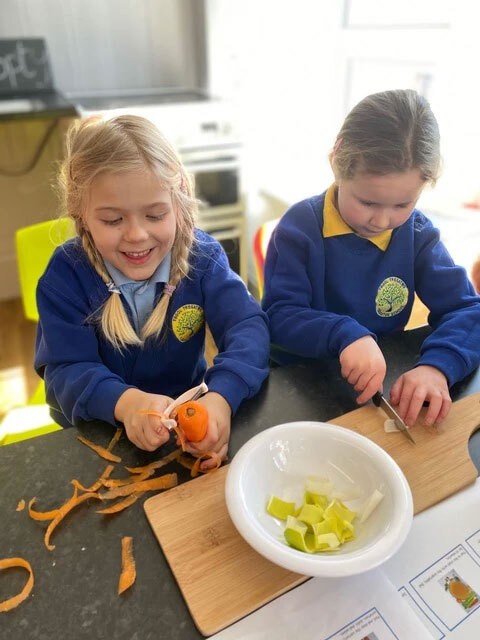
Children and young people may try new and healthy foods
Recent research published in the Journal of the Academy of Nutrition and Dietetics indicates that children and young people engaged in tactile experiences, such as handling foods, have less food neophobia (food fear) and greater acceptance of eating a variety of foods.
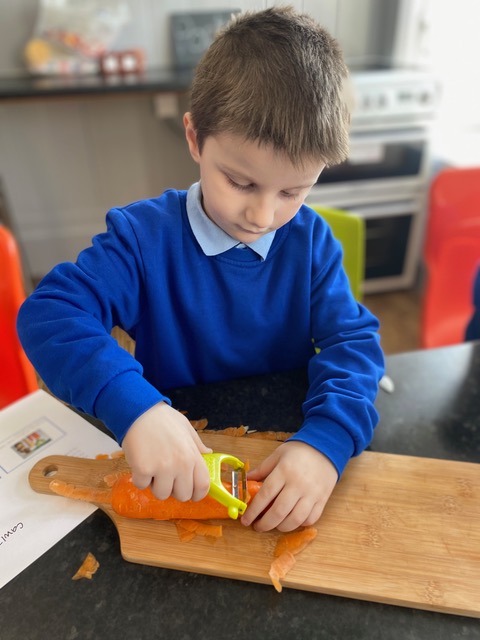
A kitchen is a learning lab for children and young people
While kneading, pouring, smelling, cutting, and feeling foods they have fun and learn using all of their senses.
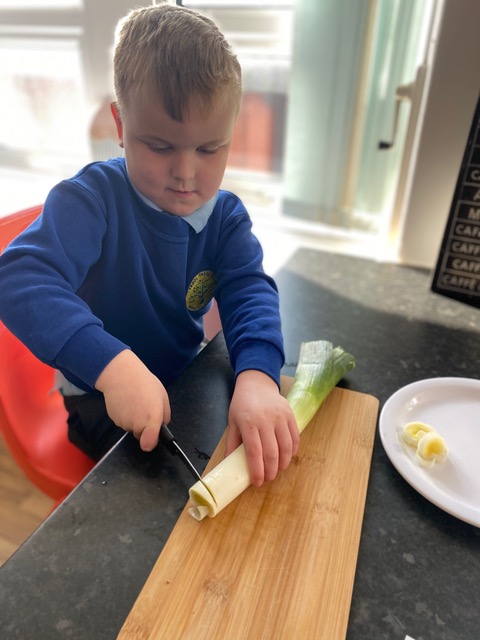
Children and young people who engage in home cooking have better diets overall
Children and young people who cook at home indicate a sense of accomplishment, self-confidence, and feeling of contributing to their families. They spend time cooking instead of engaged in screen time. Children and young people tend to skip less healthy prepared or processed snack foods as they prepare their own food more. According to some research studies, children and young people also ate more fruits and vegetables after participating in culinary classes.
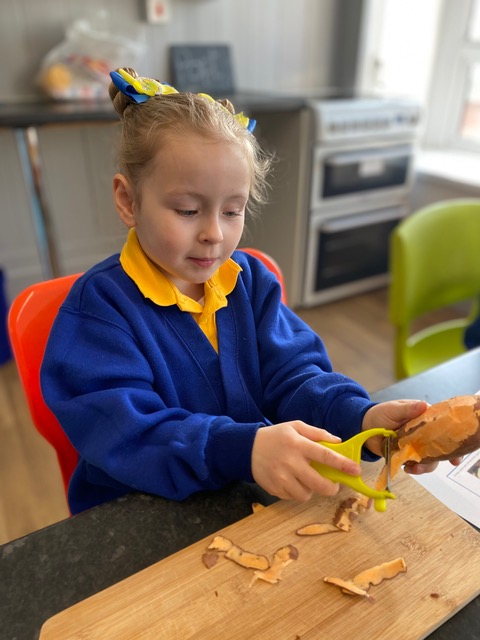
Food Literacy is more effective when children and young people experience cooking first-hand
Recent research indicates that nutrition knowledge may be incomplete without the experiential learning or hands-on activities associated with food preparation that involves handling food and cooking equipment. Other studies indicate that teaching nutrition education with food preparation in science class is more effective than in nutrition education science classes without food preparation.
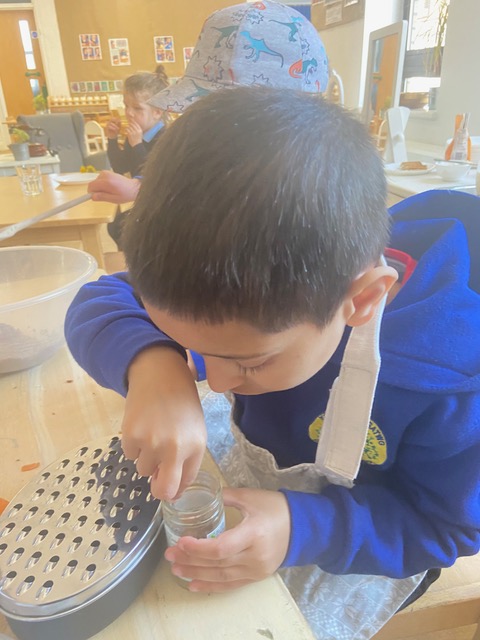
Being food literate can lead to better food choices
Many research studies show improved changes in cooking knowledge, food safety behaviours, and cooking self-efficacy. Teaching cooking to youth is an opportunity to teach nutrition education such as planning meals and make better informed food choices. Many schools are embracing cooking to teach and promote healthier eating.
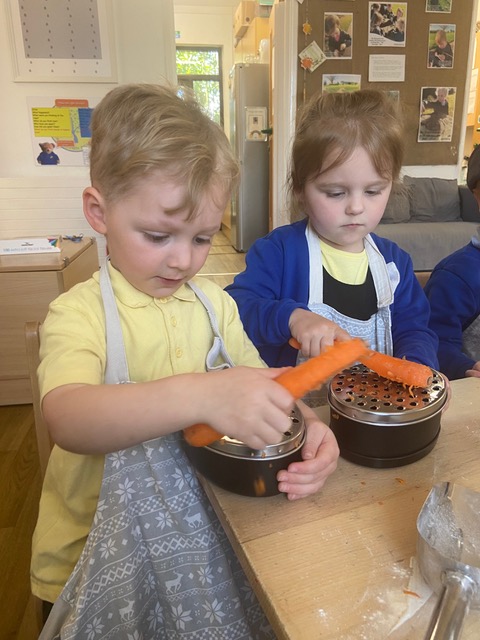
Children and young people learn life skills
Cooking provides opportunities for children and young people to practise basic maths skills such as counting, weighing, measuring, tracking time; they also gain language and social skills by working together and communicating in the kitchen.
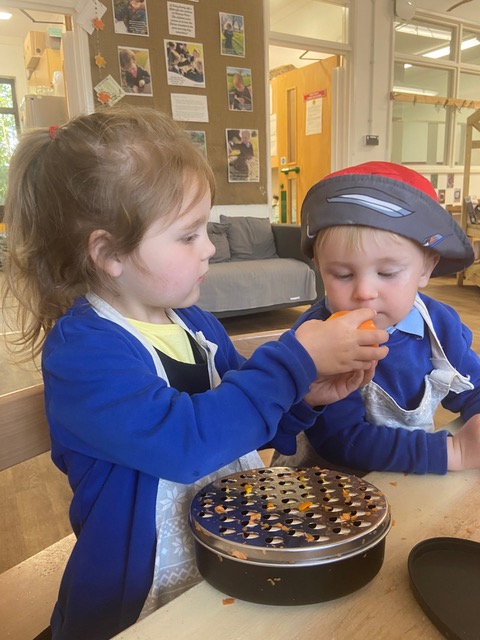
Cooking can aid children and young people in acceptance of responsibility
Each child has a task to complete to contribute the meal preparation and tidying up. Cooking in schools can also build positive memories that promote future healthy, enjoyable cooking elsewhere.




